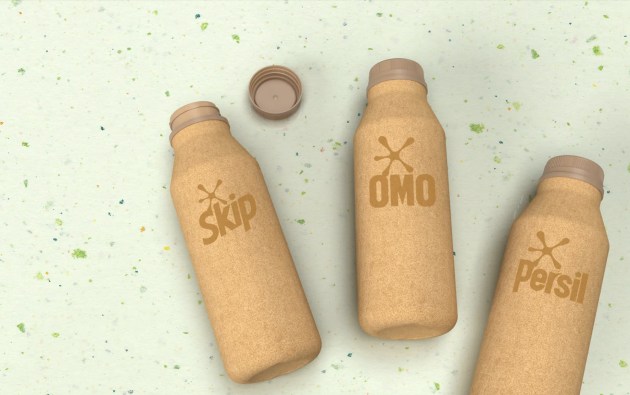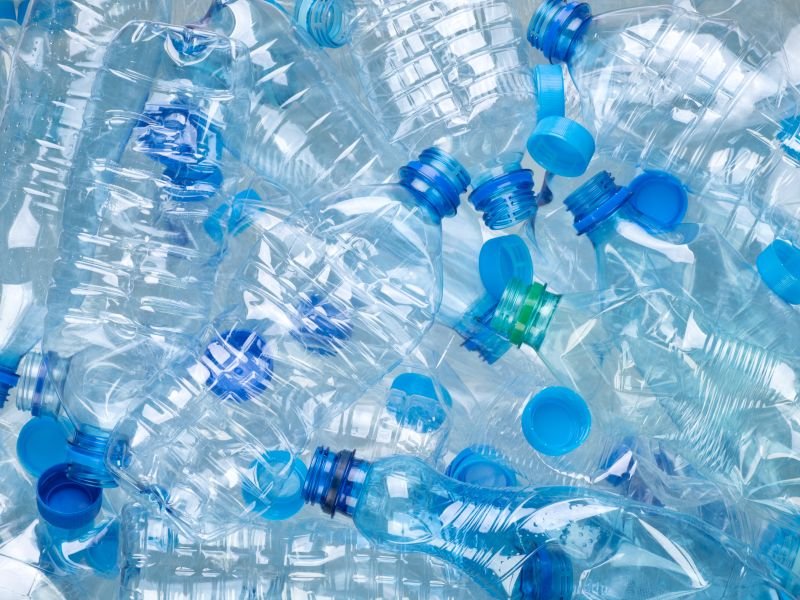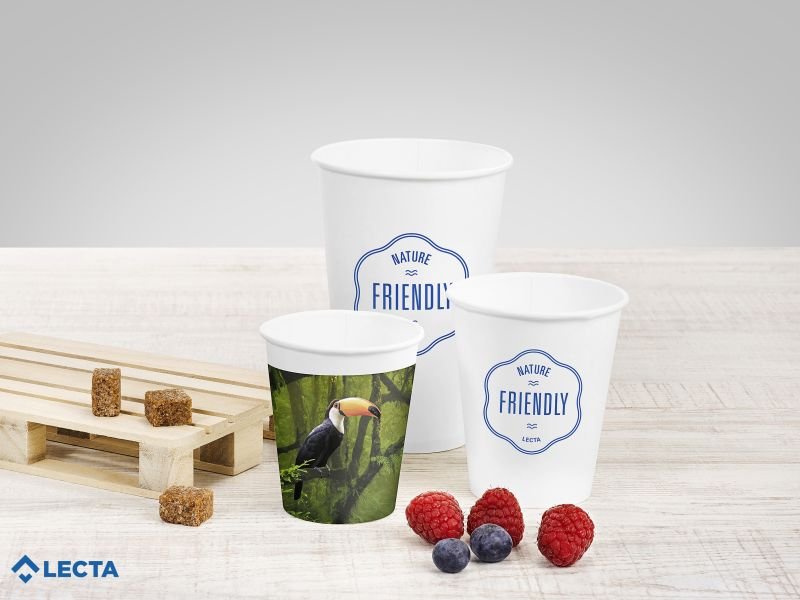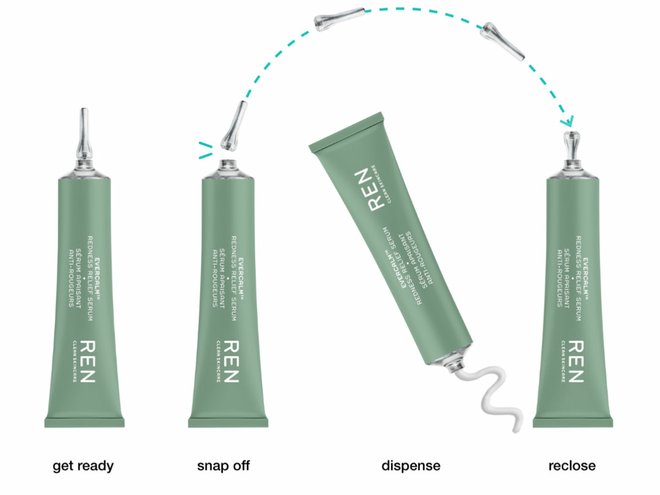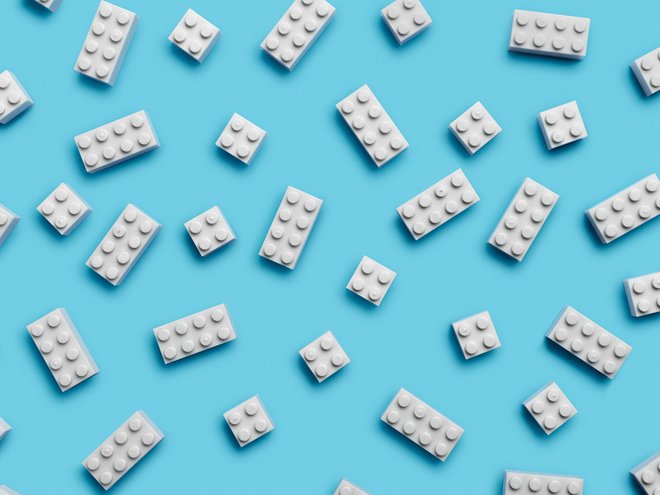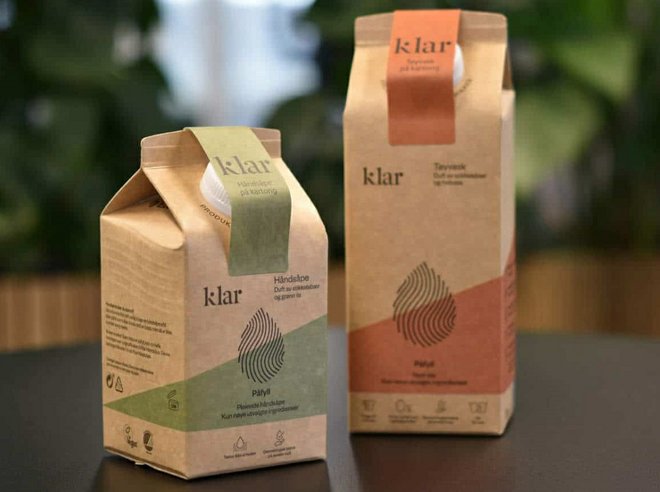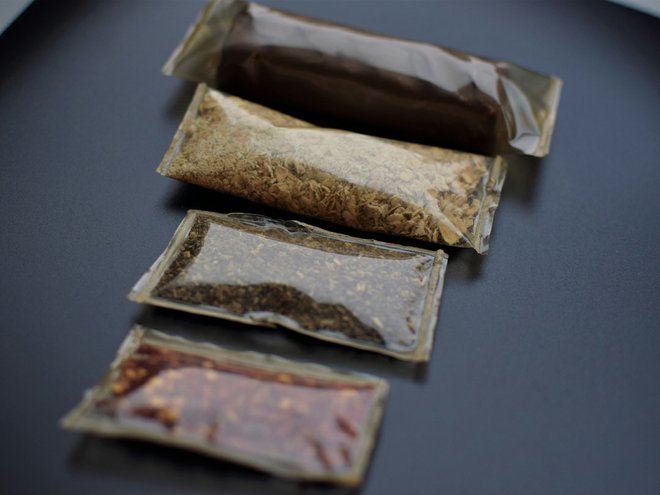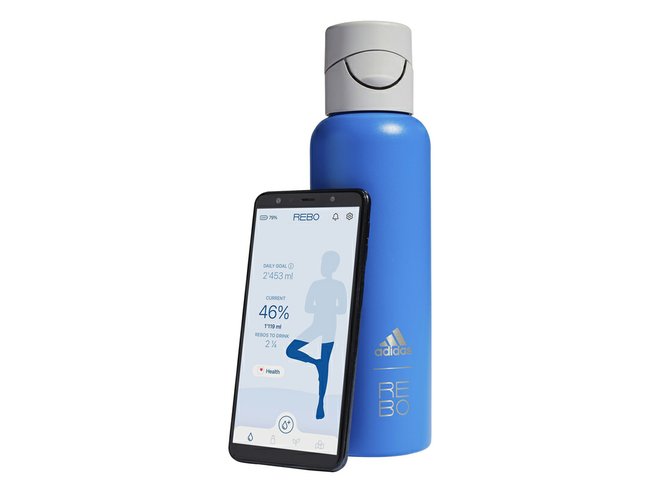Coca-Cola Great Britain (GB), in partnership with Coca-Cola Europacific Partners (CCEP), has today announced that it is set to reach a significant milestone for its packaging in Great Britain.
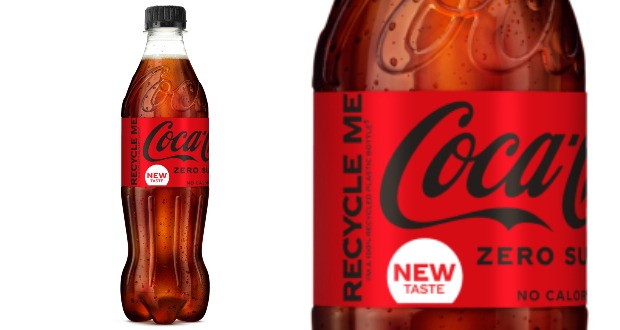
The soft drinks giant announced that it will be using 100% recycled plastic in all on-the-go bottles across its entire range, as it continues its progress towards fully sustainable packaging.
The move means that all plastic bottles of 500ml or less in GB are to be made with 100% recycled plastic and will continue to be fully recyclable. The rollout commences in September, when the first 100% recycled 500ml bottles will start appearing on shelves. This milestone means Coca-Cola Great Britain will increase the amount of recycled plastic material in smaller bottles from 50% to 100%.
This milestone means Coca-Cola will have increased the amount of recycled plastic material in smaller bottles from 50% to 100%. Coca-Cola’s use of recycled plastics in Great Britain now saves 29,000 tonnes of virgin plastic each year – the equivalent of 2,292 double decker buses.
This change is another step on Coca-Cola’s journey towards 100% recycled or renewable plastic in all its bottles, and the creation of a circular economy for its PET packaging. The company is also completing the transition from plastic shrink wrap to cardboard packaging across all multipacks. This important action will mean that more than 30 million packs sold to consumers each year will no longer be wrapped in plastic.
Although all of Coca-Cola’s bottles have been 100% recyclable for many years, too many are still not being recycled. To make it easier to recycle plastic bottles Coca-Cola has been working closely with the Scottish and Westminster governments and industry partners on a ‘well-designed Deposit Return Scheme (DRS)’. This will encourage more people to recycle and ensure a greater collection of bottles in a clean, efficient way so that they can be remade into new bottles again and again.
An effective DRS is planned for implementation in Scotland by July next year with England and Wales following thereafter.
Stephen Moorhouse, general manager at CCEP GB, said: “Increasing the amount of recycled plastic we use is a critical point in our sustainable packaging journey and reaching 100%rPET puts us one step closer to achieving our ambition of a world without waste – collecting and recycling a bottle or can for every one that we sell by 2025.”
Environment Minister, Rebecca Pow, said: “I am delighted to see Coca-Cola Great Britain taking this significant step to ensure its on-the-go bottles are made from 100% recycled plastic.
“We are committed to crack down on plastic pollution through our landmark reforms such as a deposit return scheme for drinks containers and making manufacturers more responsible for their packaging. Bold measures of this nature from industry will play a huge role in helping us to achieve this ambition.”
Helen Bird, strategic technical manager, WRAP, said: “It takes 75% less energy to make a plastic bottle from recycled plastic, and with plastic waste significantly contributing to fossil emissions when incinerated it’s never been more important to specify recycled content and keep packaging in a circular system. It’s positive to see Coke, founding members of The UK Plastics Pact, continuing to push the boundaries on design and engaging with its customers to place the bottles in the recycling, since achieving 100% recycled content is going to be strongly reliant on getting those bottles back.”
More broadly, Coca-Cola continues to use the power of its brands and advertising in order to encourage people to recycle more – from launching major advertising campaigns, to including recycling messages on its packaging, in all marketing campaigns and experiential events.
Earlier this month the company launched a new marketing campaign for its GLACÉAU Smartwater brand, encouraging more people to recycle the bottles. Bold messaging on-pack reminds consumers that the bottles are 100% recyclable and made from 100% recycled PET plastic (rPET).
Source:


